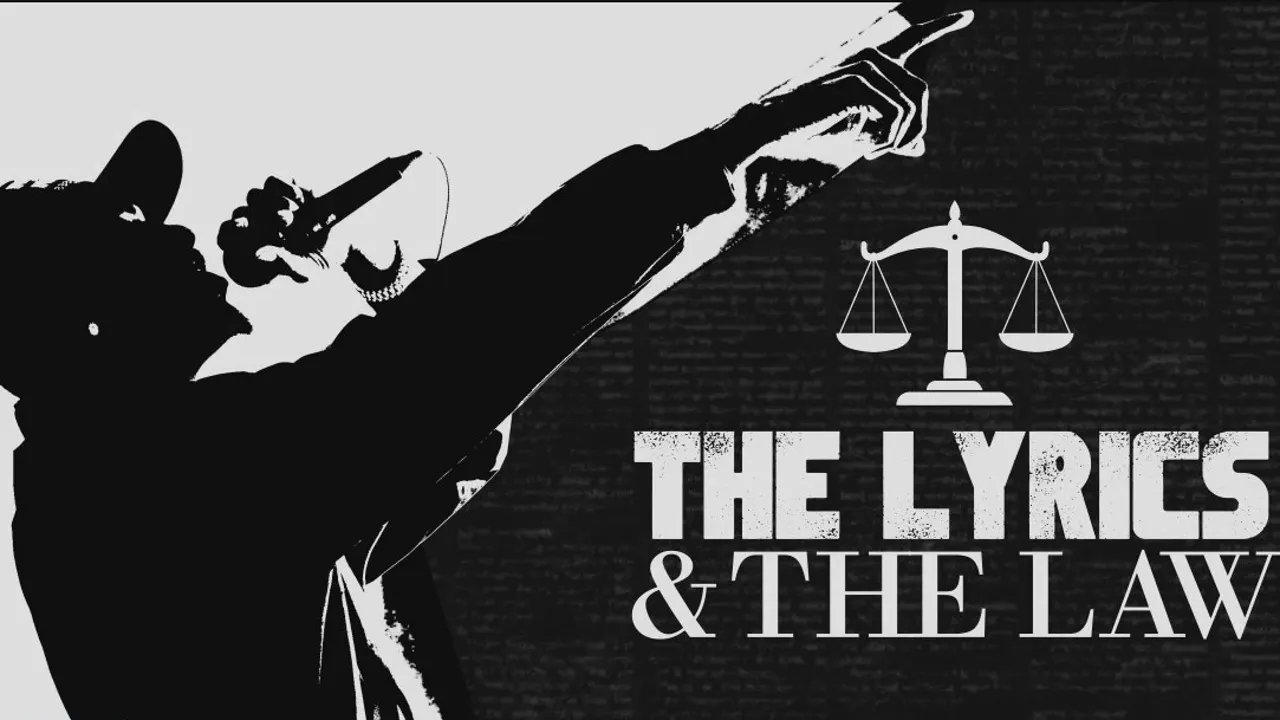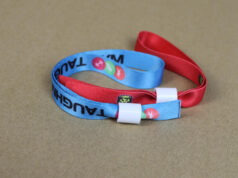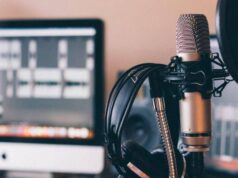Jay-Z is spearheading a group of heavyweight rappers in proposing and pushing for a New York State bill that would stop the use of rap lyrics against rappers in criminal trials. Notable names among these rappers include Meek Mill, Big Sean, Robin Thicke, Fat Joe, Kelly Rowland, and Killer Mike.
Senate Bill S7527, often known as “Rap Music on Trial,” is a bill under consideration before the senate. The bill aims to prevent prosecutors in New York from using rap lyrics as evidence in criminal prosecutions, and it has the support of some of the greatest names in the music industry.
The use of songs as evidence, according to campaigners, has a significant impact on the creative abilities of the artist. “This practice violates the artist’s right to free speech, fair trial, and creative freedom,” says New York-based attorney Jeffrey Lichtman. Prosecutors have become skilled at presenting songs as evidence attesting to the defendant’s likelihood to commit the alleged crime they are being charged with.
Legislation To Put Rap Music on Trial
According to research findings from the Rap on Trial website, co-author Charis E. Kubrin, a law professor at the University of California (UCI), said rap songs might “trigger bias” in potential jurors.
According to the UCI website, listeners who are told that the lyrics are from a rap song tend to view it as more dangerous, disrespectful, menacing, and literal than when they are told that those same lyrics are from a country music song.
Last November, New York senators Brad Hoylman and Jamaal Bailey presented legislation to prevent prosecutors from using such bias in courtrooms. The bill attempts to prevent art generated by a defendant – including rap lyrics – from being used as evidence against them.
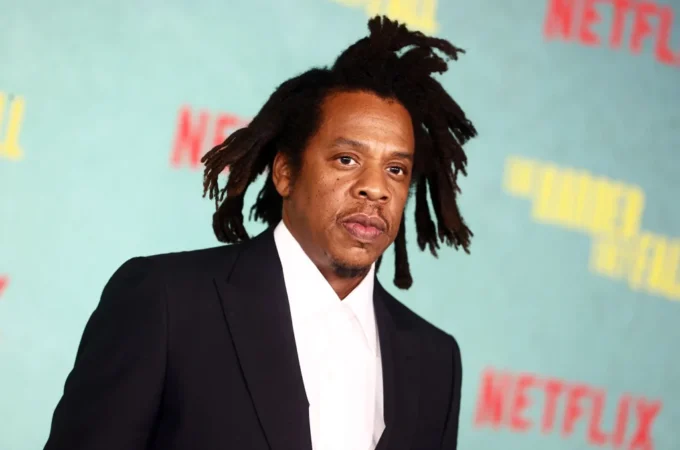
The two Democrats have cited a New Jersey Supreme Court decision from 2014. The court found that rap lyrics should not have been used as evidence against Vonte Skinner, who was convicted of attempted murder in 2005 after rhymes he wrote were given to the jury. Skinner’s case happens to be the second case where rap music nailed the sentence at that time.
In trying to dispute the rationality behind accepting rap lyrics as admissible evidence in court, Justice Jaynee LaVecchia cited some rap music as examples. According to Justice Jaynee, Bob Marley cannot be said to have shot a sheriff because he sang a song titled “I Shot the Sheriff” In the same way, Edgar Allan Poe cannot be said to have buried someone under his floorboard as mirrored in his work “The Tell-Tale Heart”.
In 2001, however, a rapper named Mac, whose music had acquired national acclaim was found guilty of manslaughter after the prosecutor extensively cited from his album “Shell Shocked.” Mac was tried and sentenced to thirty years in prison and is still serving his term. Mac’s case is just one of many such cases around the country.
Senators Hoylman and Bailey have blasted the double standards that have been applied to rap music, which have been under scrutiny for decades. They claimed that while rap is like any other artistic expression, social scientists have linked anti-rap beliefs to racially discriminating behavior.
Rap Giants Bidding For The Senate Bill
Jay-Z, Kelly Rowland, Killer Mike, Fat Joe, and Robin Thicke were among the rappers who signed a letter pushing New York State politicians to endorse Senate Bill S7527 earlier this month.
According to the letter, which was written by Jay-Z’s attorney Alex Spiro and Erik Nielson, University of Richmond professor, author of Rap on Trial: Race, Lyrics, and Guilt in America, giving a literal interpretation to rap lyrics denies the genre the art status thereby giving prosecutors an unfair advantage in the courtroom.
Spiro told Rolling Stone magazine, “This has been a long time coming.” “We think it will be followed in a lot of areas,” he said, adding that changing New York State legislation will “send a message that progress is coming.”
The United Kingdom Employed Same Act
In the United Kingdom, the practice of utilizing a defendant’s art as evidence against them in court is also obtainable. According to Abenaa Owusu-Bempah, an assistant criminal law professor at the London School of Economics (LSE), rap lyrics and music videos are commonly used as evidence in criminal proceedings against black young men and boys convicted of severe offenses in urban places – usually London.”
In an essay on the LSE blog, Owusu-Bempah found a “deliberate approach” by prosecutors “to draw on stereotypical narratives to develop case theories” in a review of 30 appeal judgments published between 2005 and 2020.
According to a Manchester University study, prosecutors used rap music as autobiographical confessions to crimes, threats of violence, or proof of gang connections in more than 60 cases between the mid-2000s and 2020.
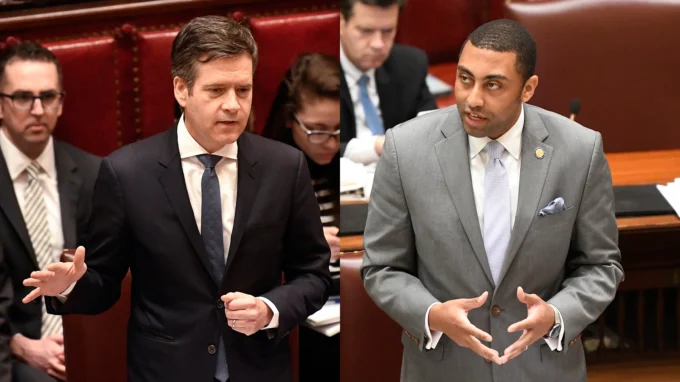
According to Eithne Quinn, a senior lecturer at the institution and the director of a research project called Prosecuting Rap: Criminal Justice and UK Black Youth Expressive Culture, the surge in the use of such supposed evidence in UK courts has corresponded with the growing popularity of drill music.
Quinn further stated that the heightened moral panic about drill and violence, with all its power and weight, is being brought into the courtroom. Quinn was briefed on the defense’s rap expert in the upcoming murder trial of drill musician Unknown T (real name Daniel Lena), who was charged two years ago with a fatal stabbing at a New Year’s Eve house party in north London.
The trial judge denied the prosecution’s attempt to utilize the rapper’s lyrics as evidence as it was “extremely prejudiced” and an attempt “to bolster an otherwise weak or faulty case,” according to DJ Mag. While Unknown T may have been acquitted of all charges, others haven’t been that fortunate.
Conclusion
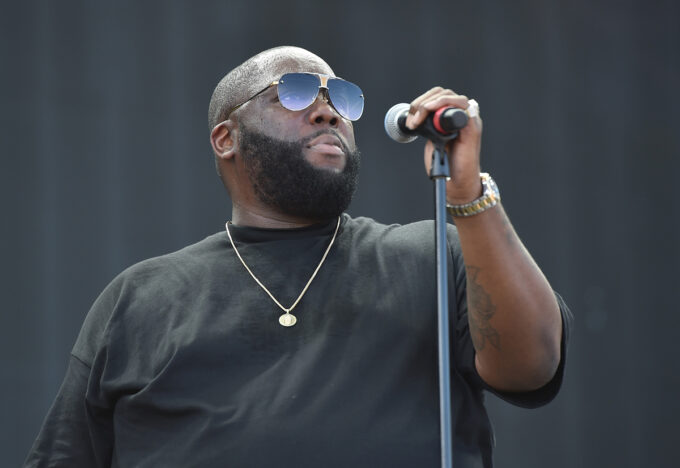
Detectives have reopened cold cases solely based on rap lyrics and videos, while prosecutors have obtained convictions by presenting rappers’ lyrics and videos as autobiographies. An alarming proportion of aspiring rappers are currently incarcerated. In the courts, no other type of artistic expression is regarded in this manner.

